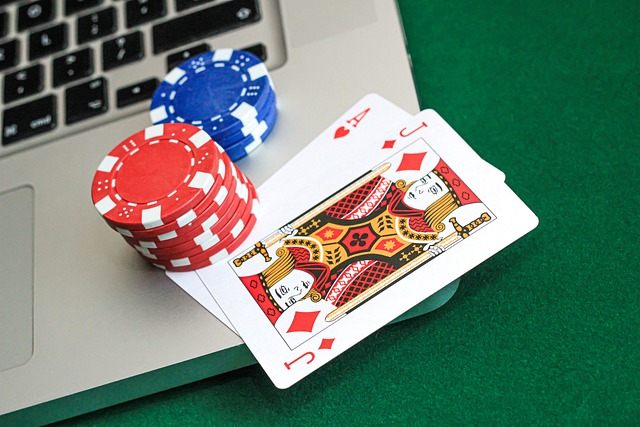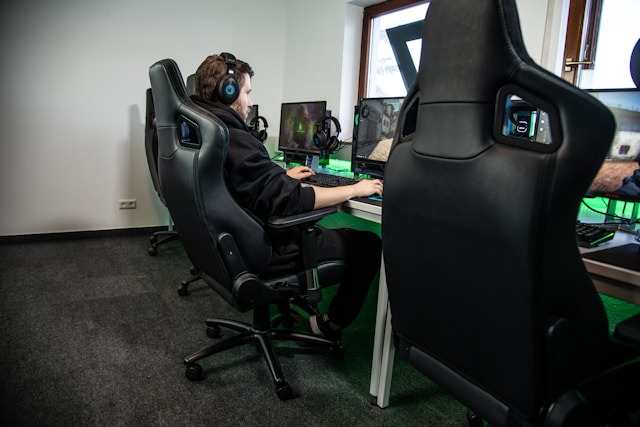Virtual reality casinos are redefining how people meet, talk, and compete around games of chance. Instead of watching a flat stream from a studio, players step into shared spaces where conversation, gestures, and proximity feel natural. The result is a social layer that changes how sessions unfold: table talk shapes decisions, avatar presence boosts excitement, and cooperative goals make small wins feel bigger. Because the room is spatial, you can lean in to read the table, celebrate a good run with your crew, or retreat to a quieter corner without leaving the game. These micro-choices create rhythm and ritual, replacing passive consumption with group play. Done well, VR social tools build trust and reduce friction. Done poorly, they add noise and pressure. Knowing how presence, formats, safety features, and personalization work will help you get the most from the experience.
Presence, Voice, and Body Language
Presence is the foundation of social play in VR casinos. Spatial audio lets you hear a teammate at your left elbow and a rival across the felt, while hand tracking and head poses turn small gestures into readable cues. This body language makes table etiquette matter again: players nod to signal “good hit,” tilt a wrist to pass, or stack chips to show confidence. Voice chat carries tone and pacing that text never could, allowing quick clarifications and friendly banter between hands. At the same time, the same immediacy that makes conversations lively can also raise cognitive load. Smart players tune their soundstage, reduce ambient effects, and customize comfort settings to balance immersion with focus. When presence is calibrated, the room feels like a real pit—social enough to be fun, quiet enough to make good decisions.
Multiplayer Formats and Cooperative Play

Traditional casino games reward individual results, but VR opens the door to cooperative variants and shared challenges. Teams can chase mission-style goals—clear a set number of perfect-basic-strategy hands, unlock a bonus room, or earn a group streak multiplier—where everyone contributes. Leaderboards become more than vanity metrics when they track clubs, seasons, or event arcs with narrative payoffs. Even standard games benefit from synchronized pacing; a coordinated group can run parallel tables to compare outcomes, then reconvene at a showcase wheel or tournament final. For casual players, quests and daily objectives keep sessions purposeful without raising stakes. For disciplined players, the trick is protecting expected value: stack formats that don’t inflate risk, avoid side bets you would skip solo, and schedule breaks so social momentum doesn’t turn into overextended play.
Safety, Moderation, and Etiquette
With proximity chat and open lobbies, safety tools are as important as chip stacks. Solid platforms pair human moderation with AI filters that flag harassment, unsolicited solicitation, or collusion attempts. On the player side, one-tap mute, block, and private-table toggles are essential, as are visibility controls for friends-only or invite-only rooms. Etiquette matters: speak clearly during betting windows, avoid backseat coaching, and respect seat privacy in high-focus moments. Transparency features—visible table histories, clear bet timers, and plain-language rule panels—reduce disputes before they start. Responsible-play prompts translate well to VR: time checks, gentle reminders to hydrate and move, and session caps you can accept without leaving the environment. When social energy spikes, those guardrails prevent tilt spirals, helping groups end on a high note rather than a heated argument.
Personalization, Events, and Lasting Communities

VR casinos thrive when they feel like places you want to return to, not just menus of games. Customizable avatars, saved seating layouts, and personal HUD presets make rooms feel familiar. Seasonal events and hosted nights—dealer spotlights, theme tables, or avatar costume contests—give communities reasons to form and stick. Reward systems that focus on social contribution rather than raw spend are especially healthy: badges for clean play, helpfulness, or tournament officiating reinforce prosocial behavior. Clubs and friend lists make it easy to spin up a private table or spectate a final without juggling external chats. Over time, these features shift motivation from chasing a single win to enjoying shared routines. The best sessions feel like meeting friends at a favorite spot, where the conversation is as valuable as the cards.
